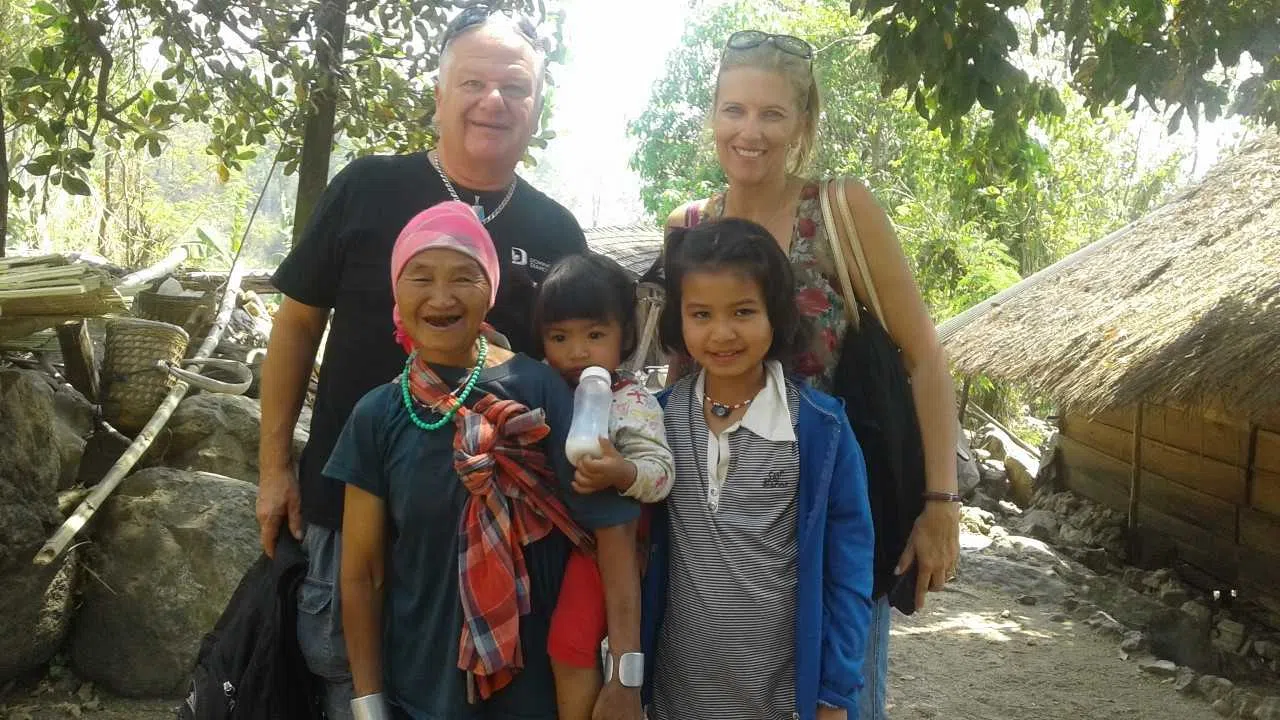
Local humanitarians combat human trafficking in Thailand
KAMLOOPS — Human trafficking is an international problem on a growing scale that affects millions of people each day. Thailand is particularly notorious for its high volume of human trafficking. Sadly, the industry brings billions of dollars each year to the Thai economy, which has caused some government officials, politicians and police to turn a blind eye. A Kamloops couple is hoping to change that. Brian and Karen Shaben run World Wide Life Humanitarian Partnership Society, and are living in Thailand. By providing educational opportunities, they are working to break the poverty cycle and rescue children and teens from a future of sexual exploitation.
It’s a picturesque country and a popular tourist destination for millions of people. But behind the beautiful beaches and turquois waters that line Thailand, this paradise country holds a dark reputation for ‘sex tourism’.
“There are streets, you can look down a street in Pattaya and there will be literally as far as you can see 1000 to 1200 prostitutes hanging out at these girly bars, and lets not joke what they’re there for,” says Brian Shaben, co-founder of World Wide Life Humanitarian Partnership Society.


